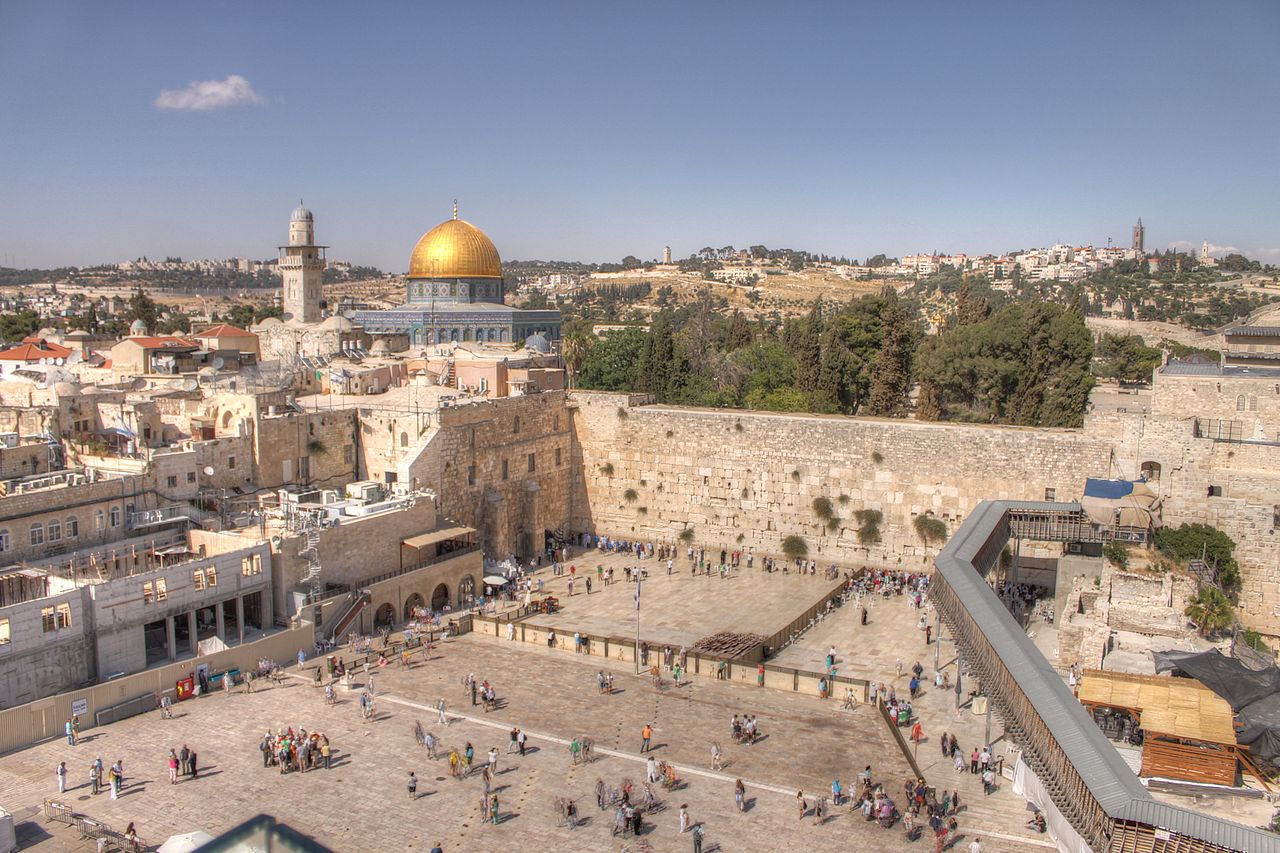She is grace, beauty, and light. She is pride, humility, and courage. She is 3000 years old and 67 years young and while her foundation is ageless her cracks are showing. She is Israel, and the heart of her is where my heart lies.
Growing up Jewish in the Diaspora meant that none of my peers had heard my middle name (Hadassah) before I said it out loud, and that I had experienced anti-Semitism before I knew how to spell it. Unfortunately, I am not the only person who had to endure this lifestyle. I’m far from the first, and I’m sure I’m far from the last. Growing up Jewish in the Diaspora means always having to defend yourself and your homeland to almost every person you meet. Luckily for us, it’s easy to be proud of Jerusalem.
To put up a wall, emotionally, means to shut people out. But the wall, my wall, the wall that so many others also refer to as “my wall,” lets the whole world in. There are few things more special than watching people touch an ancient stone and seeing the pure emotion in their eyes. From Orthodox men helping Christians wrap tefillin and daven mincha for the first time, to brides giving out blessing to girls in long skirts and shorts alike, to the family photos in front of the Israeli flag, there is truly something there for everyone.
Out of the 809,112 people living in Jerusalem, only 64% of them are Jewish. Compare that to Manhattan, with 1.63 million people, and only 20.5% of them are Jewish. And yet, Jerusalem is one the most diverse major cities in the world. The Armenian, Christian, Jewish, and Muslim quarters in the old city are only separated by a few steps and a slight language barrier. But they all work together, just like all cultures and religions do within the city.
Jerusalem is a mosaic, in and of itself, and is part of a much larger mural. Despite being practically microscopic, it is an essential part of Israel, the Middle East, and the entire world. We as people, especially Jews, are nothing without it, and it is nothing without us.
